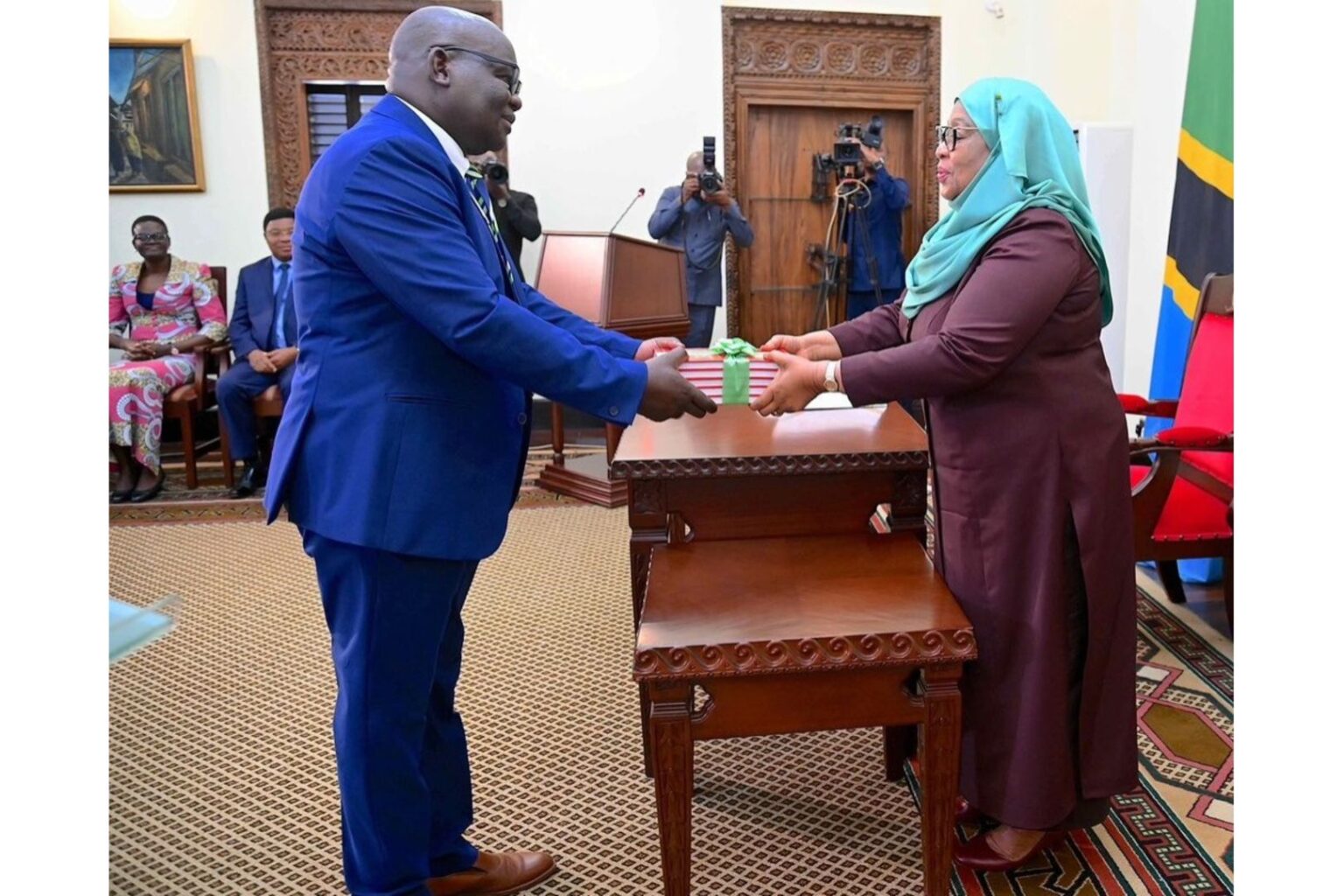- More than $33 million was poorly spent by various Tanzania government institutions including through inappropriate allowances to staff, audit shows.
- Lugalo Hospital, an institution belonging to Tanzania’s military, paid over $14,000 to a supplier for consultation and design without charging withholding tax.
- Corrupt officials in Tanzania’s Ministry of Health paid over $8 million to Toyota Tanzania and UNICEF for the purchase of motor vehicles that were never delivered.
Tanzania could be hurtling towards a fiscal risk as an increasing number of loss-making state-owned enterprises turn into avenues for plunder and embezzlement of public funds by corrupt public servants.
The latest audit report by the Controller and Auditor General (CAG) and Prevention and Combating of Corruption Bureau (PCCB) shows hundreds of state-owned enterprises in Tanzania are in the soup for sanctioning graft-ridden transactions leading to the loss of millions of public money.
The rot starts from the top. Take for instance, the President’s Office, Regional Administration and Local Government Tanzania (PO-RALG), which paid a total of $597,269 to a supplier of motor vehicles without withholding a tax of around $11,000, two percent of the payment amount according to the country’s procurement regulation.
President Samia Suluhu Hassan sent home Tanzania Government Flight Agency and immediately dissolved the board of Tanzania Railway Corporation (TRC) for breaching procurement regulations among other acts of misuse of office. Mr Samia further directed legal action to be taken against all those involved in the mess.
Damning audit shows that on two occasions, the Tanzania Railway Corporation (TRC) rejected the tender to purchase locomotives and passenger coaches from the lowest bidder at an offer of $263.4 million, instead, opting for a non-competitive purchase of the machines at $478 million, which was nearly double the initial cost.
Still on the rot in Tanzania’s railway enterprise, the loan conditions imposed by Standard Chartered Bank UK inflated the charges for execution of Standard Gauge Railway for lots three and four significantly raising the costs for the procurement of the trains.
“Do we really need to have more than 200 state-owned entities? We need to remain only with those that are operating efficiently and do away with those that no longer make any economic sense,” President Samia said.
The CAG exposed how more than $33 million was poorly spent by various government institutions including through inappropriate allowances to civil servants. Some of the big institutions in Tanzania indicted in this damning allegations were the the oldest and biggest public university in Tanzania—University of Dar es Salaam; the Medical Supply Department (MSD), the National Housing Corporation (NHC) and the Tanzania Bureau of Standards (TBS).
Read: Tanzania’s local authorities a hotbed of corruption – Audit
The country’s police force, as well as organizations closely associated with the military, and other key government institutions were also exposed in an elaborate web of corruption scandals that put a damper on Tanzania’s position as an investment destination of choice.
Lugalo Hospital, an institution tied to Tanzania’s military paid over $14,000 to a supplier for consultation and design services but failed to charge withholding tax of $7,209 or five percent of the payment. At the same time, the audit shows Lugalo Hospital violated public procurement regulations by purchasing goods out of the Tanzanian National e-Procurement System worth around $2 million.
Tanzania’s Ministry of Health was also caught in the wrong, with CAG noting that corrupt officials paid over $8 million to Toyota Tanzania and UNICEF for the purchase of motor vehicles that were never delivered.
The dirt also flies high in the aviation sector where President Samia said Air Tanzania Company Limited’s new Boeing 767-300 freighter, whose initial payment contract was for $37 million, was issued with $87 million invoice, a move that led to the loss of $50 million of taxpayers’ money.
What’s more, corrupt public servants cost Tanzanian government $178 million in interest paid for inordinate delays in payments or contracts. In yet another case, a state-owned enterprise failed to pay contractors in time consequently accumulating interest, and forcing taxpayers to fork out an extra $17.8 million.
Already, a move to rollout reforms targeting loss-making public institution, local government authorities charged with revenue collection as well as agencies used to provide business loans to women, youth and people with disabilities is underway.
Some state-owned corporations will be disbanded under the changes, The Citizen reported while others will be scaled down to turn them efficient and profit-oriented organizations that can attract additional capital from the private sector.
